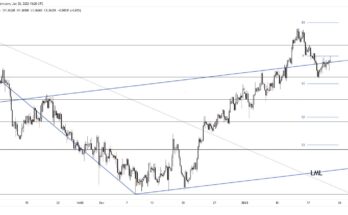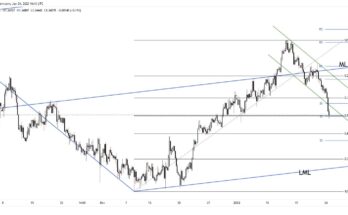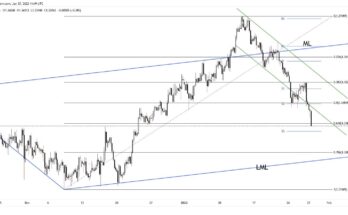It was a fairly quiet day in FX markets on Monday. There weren’t any significant economic data releases, with investors taking a breather following volatility from US non-farm payrolls data on Friday. The US economy was estimated to have added 257k extra jobs in January, with big upward revisions to the November and December readings too. As a result, the dollar started the week on the front foot with cable at 1.52 with EUR/USD trading at 1.1280.
Tuesday saw a subdued manufacturing production release from the UK with 0.1% expansion shown for December. The reading was lower than forecasted but with a silver lining, as November’s reading was revised upwards from 0.7% to 0.8%. The UK’s manufacturing sector has been under pressure recently given the strength of GBP/EUR and uncertainty created by eurozone deflation and ongoing problems with Greece. Cable fell on the release however found support again at 1.52.
By Jake Trask at UKForex, an international money transfer service
Wednesday saw the start of Eurogroup meetings with Greece petitioning other EU states for extra liquidity to enable it to stave off a default on its debts in the coming months. The new Syriza government is pressing for a bridging loan to tide it over before a longer term solution is found of financing Greece. Syriza’s negotiating has been spearheaded by new PM Alexis Tsipris and finance minister Yanis Varoufakis, who are looking to end the austerity enforced by Angela Merkel’s German government which has seen the economy shrink by 25% since the crisis started. GBP/EUR broke above 1.35 in the afternoon, with both sides in a deadlock.
Thursday saw the pound rise on the back of the release of the latest Inflation Report from the Bank of England. The report stated that UK inflation could briefly dip into negative territory over the next few months before turning positive later in the year. Also included in the report however were statements from MPC members who were writing off this drop in prices being temporary, driven by the recent dramatic fall in oil and commodity prices. It appears policy makers are looking though the overall reading to focus on the core reading which strips out food and fuel costs.
This currently reads 1.3% and given a recent uptick in wage growth, solid GDP data, falling unemployment and a narrowing of the so called “slack†in the economy to an estimated 0.5% the report was seen as an overall net positive. GBP/USD pushed up from 1.5220 to 1.5340 immediately after the release and pushed higher in the afternoon, getting further support from a poor US retail sales release. The core (-0.9%) and the overall (-0.8%) reading printed worse than expected and, combined with under-par unemployment data from America, cable reached 1.54 with GBP/EUR hitting another multi-year high of 1.3560.
The euro has pared its losses this morning on news that German Chancellor Merkel appears willing to compromise over allowing Greece access to emergency funding. We may see some sort of additional short-term support granted to Greece as early as next week when officials meet again on Monday. GBP/EUR has dropped from its multi-year highs on the back of this and has been given an extra boost by a strong Q4 GDP release from Germany. The release printed 0.7% when 0.3% was expected and the eurozone as whole has shown expansion of 0.3%, slightly higher than the 0.2% forecast.
There is plenty of data out of the UK next week including CPI, average earnings growth, the level of unemployment, MPC minutes and retail sales. News will likely be dominated by news from Greece, with markets hoping for a compromise to keep the Greek economy while a longer term plan can be implemented.
In our latest podcast we feature an interview with Dan Blystone and update on Greece
Subscribe to our iTunes page



